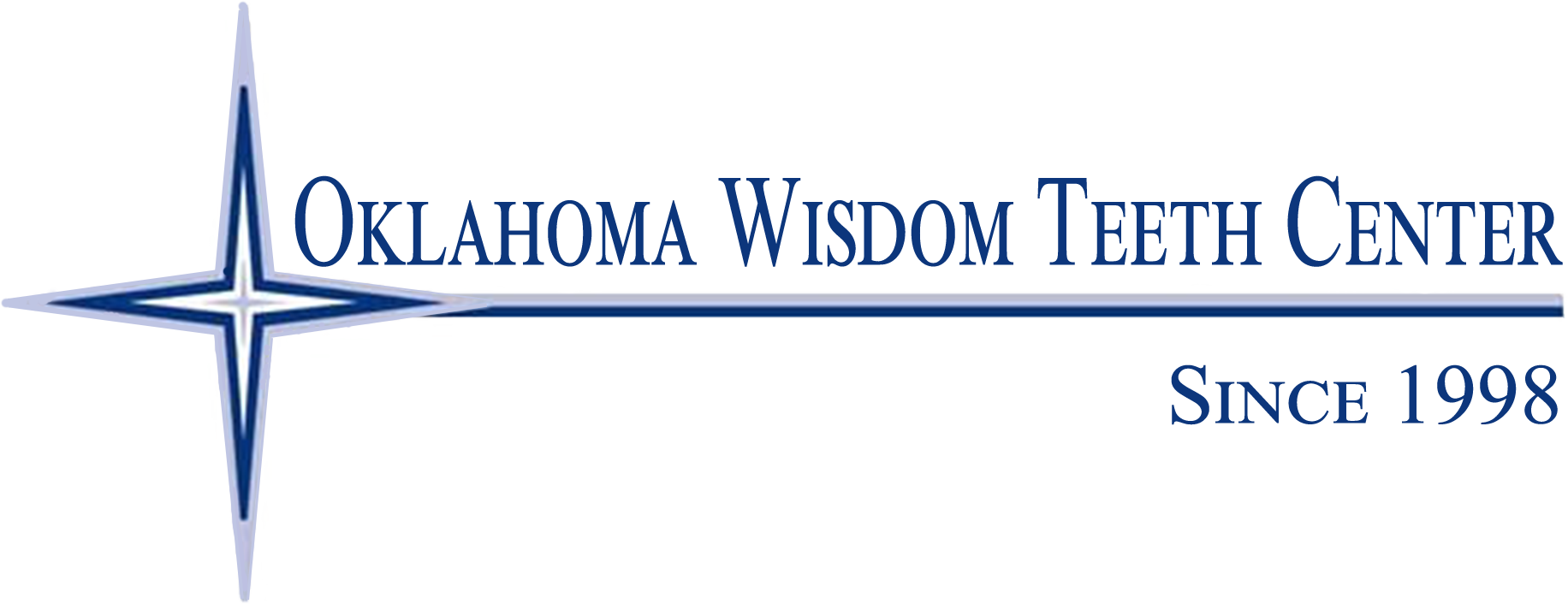More Information
It is our desire that your recovery be as smooth and pleasant as possible. If you have any questions about your progress, please call during office hours, Monday through Thursday 8:00 to 5:00, Friday 8:00 to 4:00 at (918) 392-9970. In case of an after hour emergency, you may call (918) 740-3922.
Your Title Goes Here
Your content goes here. Edit or remove this text inline or in the module Content settings. You can also style every aspect of this content in the module Design settings and even apply custom CSS to this text in the module Advanced settings.
The Surgical Site
Do not disturb the wound. Avoid rinsing, spitting, or touching the wound on the day of surgery. There may be a metal healing cap protruding through the gingival (gum) tissue.
Bleeding
Some bleeding or redness in the saliva is normal for 24 hours. Excessive bleeding (your mouth fills up rapidly with blood) can be controlled by biting on a gauze pad placed directly on the bleeding wound for 30 minutes. If bleeding continues please call for further instructions.
Swelling And Bruising
Swelling is a normal occurrence after surgery. To minimize swelling, apply an ice pack, or a plastic bag, or towel filled with ice on the cheek in the area of surgery. Ice applied for 20 minutes on and 20 minutes off during the waking hours of the first 24 hours is helpful. Bruising can occur, especially when associated bone grafts have been placed. Do not be alarmed at the bruising, as it only signifies blood just underneath the skin.
Diet
Drink plenty of fluids. Avoid hot liquids or food. Soft food and liquids should be eaten on the day of surgery. A gradual progression to a normal diet over the next 1–2 days is best, however, some patients can return to a normal diet much sooner.
Pain
Surgical implant placement may or may not be associated with some amount of discomfort. Many times, over-the-counter pain relievers such as Tylenol or ibuprofen will suffice. Other times, a prescription may be preferred. You will usually have a prescription for pain medication. You should not take a pain pill until you start to feel the effects of the local anesthesia (numbing medicine) begin to wear off. Taking your pain medication too soon can cause over-sedation and nausea. Effects of pain medicines vary widely among individuals. If you do not achieve adequate relief, you may supplement each pill with ibuprofen (unless you have a condition or take other medication in which ibuprofen is contraindicated). Some people may even require two of the pain pills at one time during early stages (but that may add to the risk of an upset stomach). Remember that the most severe discomfort is usually within the first six hours after the local anesthetic (numbing medicine) wears off; after this time frame your need for medicine should lessen.
Antiobiotics
If antibiotics are prescribed, continue to take them for the indicated length of time, even if signs and symptoms of infection are gone.
Nausea
Nausea is not an uncommon event after surgery, and it is sometimes caused by stronger pain medicines. Nausea may be reduced by preceding each pill with a small amount of soft food, then taking the pill with a large volume of water. Try to keep taking clear fluids and minimize the pain medication, but call us if you do not feel better or if repeated vomiting is a problem. If you were prescribed a medicine for nausea, this should be taken as directed.
Stitches
The sutures (stitches) that were placed in your mouth are dissolvable unless told otherwise. They will dissolve in 7–14 days, but may loosen and actually come out at any time after the procedure. If sutures come out early, it is common, normal, and nothing to worry about. The oral environment is not suture-friendly, and if they come out, they generally do not need to be replaced, unless you have been given other specific instructions. If the stitch is loose, hanging, or bothersome, you may remove it yourself if you wish.
Itching
The symptom of itching, in and of itself, is not an allergic reaction. It is most likely a SIDE EFFECT of the pain medication that was prescribed. If itching occurs and it is not bothersome, then nothing need be done. If the itching is bothersome, then decreasing the dose of your pain medication (take 1 tablet instead of two, take ½ tablet instead of 1) and supplementing it with ibuprofen or Tylenol (unless you have a medical condition that will not allow you to safely take ibuprofen or Tylenol) usually will take care of the problem. If the itching is severe, decreasing the dose of pain medicine and adding over-the-counter Benadryl for the itching (unless you have a medical condition that will not allow you to safely take Benadryl) will likely resolve the problem. Changing pain medication rarely resolves itching as a side effect because it is a side effect of the opiate class of drugs. Calling in another opiate rarely helps. Please note that itching combined with a rash (not just red marks from scratching) is a sign of an allergic reaction, and this is generally due to the antibiotic. If this is the case, please call our office at (918) 392-9970 for further instruction.
Mouth Rinses
Begin your mouth rinses on the day after the surgery. Keeping your mouth clean after implant surgery is essential. Use one-quarter teaspoon of salt dissolved in an 8-ounce glass of warm water and gently rinse with portions of the solution, taking five minutes to use the entire glassful. Repeat 6 to 8 times a day for a week. Rinsing with commercial mouth rinses is also acceptable.
Brushing
Begin your normal oral hygiene routine as soon as possible after surgery. Soreness and swelling may not permit vigorous brushing of all areas, but please make every effort to clean your teeth within the bounds of comfort. Small amounts of oozing when brushing is normal.
Activity
Keep physical activities to a minimum immediately following surgery. If you are considering exercise, throbbing or bleeding may occur. If this occurs, you should discontinue exercising. Keep in mind that you are probably not taking normal nourishment. This may weaken you and further limit your ability to exercise.
Wearing Your Prosthesis
Partial dentures, flippers, or full dentures should not be used immediately after surgery possibly for several days afterward. In highly esthetic areas, you may be required to return to your family dentist for an adjustment to ensure that the prosthesis does not press upon the surgical site where the implant was placed.
What Constitutes An Emergency?
Uncontrolled bleeding (having your mouth fill up with blood in several seconds or minutes) despite using the methods mentioned above, is an emergency that cannot wait until the next day. Please call the after-hours emergency number, (918)740-3922.
Other questions and curiosities can usually be answered in detail by phone on the next business day.

